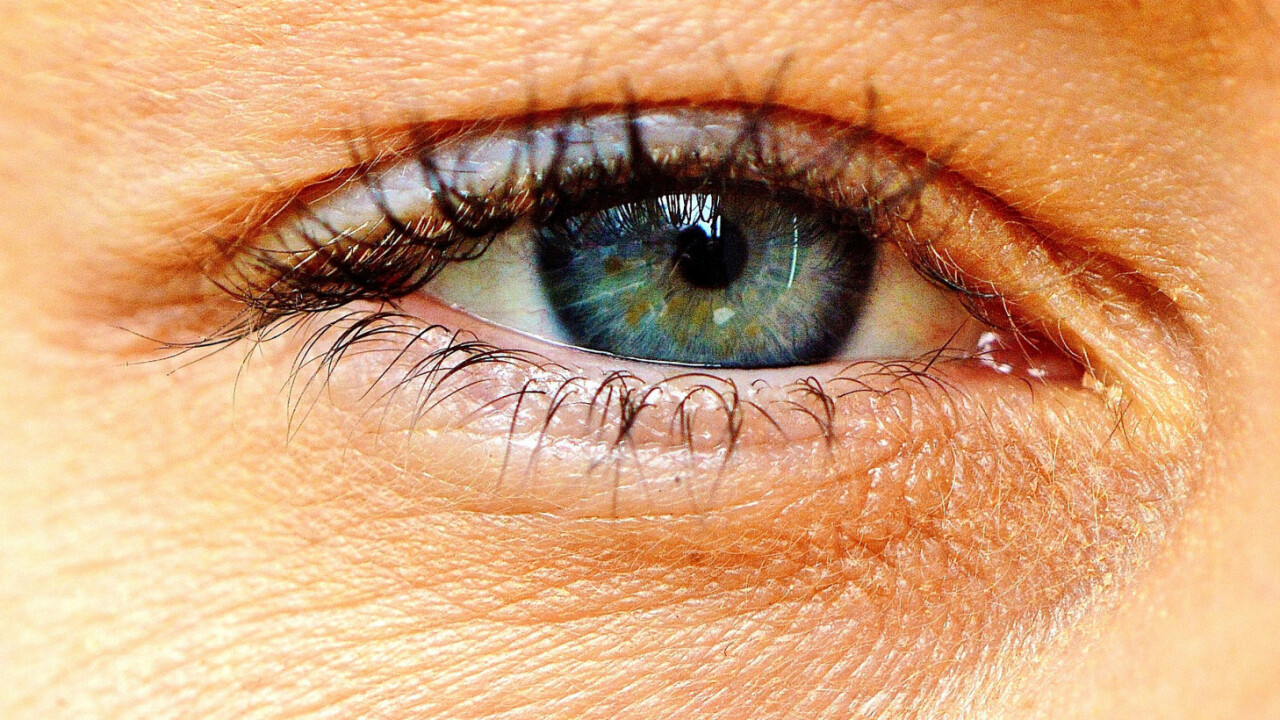As if Google doesn’t already have its fingers in enough pies, the company is now taking aim at cardiovascular disease with the help of machine learning.
In a paper published in Nature’s Biomedical Engineering journal (PDF), the search giant’s health subsidiary Verily detailed a method to predict risks of heart diseases that uses by scanning the rear interior wall of your eye.
When photographed with the aid of a microscope and camera, that portion of your eye, known as the fundus, can give doctors an idea about the patient’s age, blood pressure, cholesterol levels, and whether or not they smoke – and by extension, whether they’re likely to suffer from heart disase.
By training with data from nearly 300,000 patients, Verily’s machine learning system was able to look at the retinal images of two candidates – one who had suffered a cardiovascular event in the following five years, and who did not – and correctly identify them 70 percent of the time. That’s comparable to methods that are currently in use and require blood tests.
The researchers acknowledge that there are still a few limitations to overcome before it’s ready for prime time. Nonetheless, the findings are promising, and Verily’s work could certainly speed up tests for cardiovascular disease and make them more accessible.
Via The Verge
Get the TNW newsletter
Get the most important tech news in your inbox each week.





